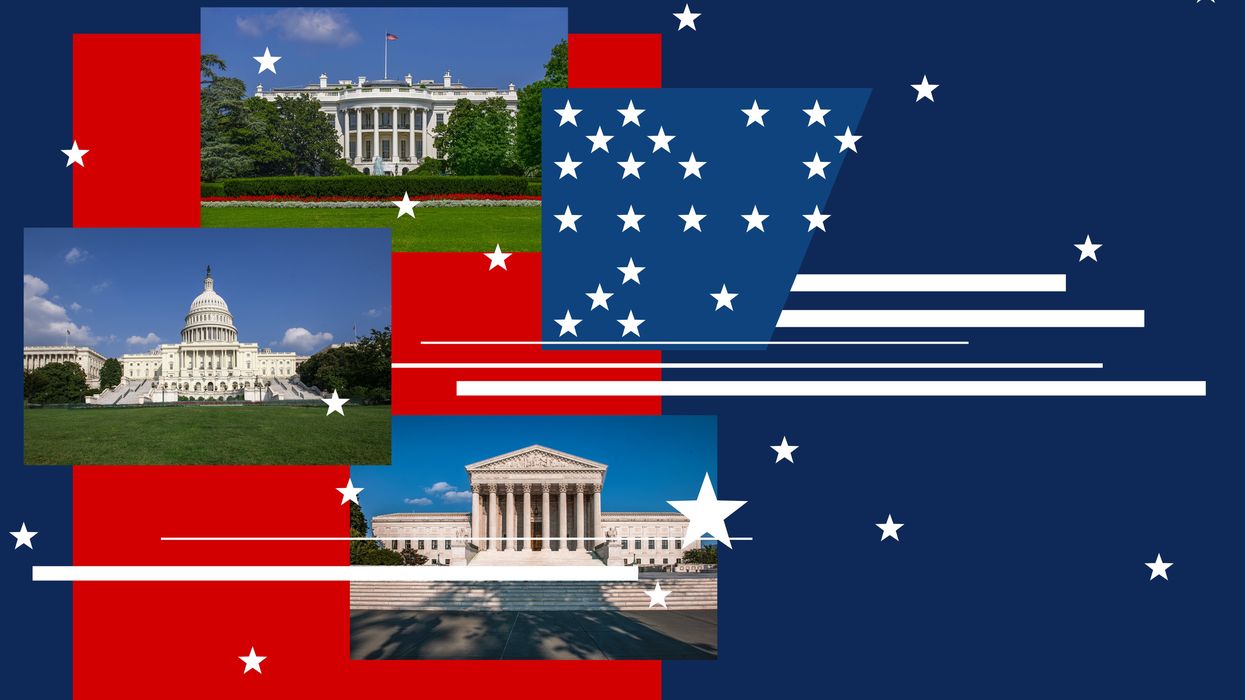Frazier is an assistant professor at the Crump College of Law at St. Thomas University. Starting this summer, he will serve as a Tarbell fellow.
Written into the bones of the Constitution is an emphasis on moderation. In designing each branch, the Framers thought of ways to make sure its powers wouldn’t grow too large or lead to hasty action. Over time, however, each branch has found ways to expand its mandate. This isn’t news — in fact, to our credit, we’ve tried to adopt new checks and balances to restore the sort of deliberative and methodical government intended by the Framers.
A quick review of these innovations and their subsequent demises shows two things: First, we’ve long been aware that the balance between the branches is something that requires constant management and evolution; second, we’ve lost sight of the Framers’ prioritization of a workable, reliable government by shooting down our intended fixes. Before we dive in, though, it’s important to flag that this is just a summary of very complex areas of law.
Let’s begin by exploring the legislative veto. As the number of federal agencies grew in the 20th century, Congress found itself struggling to keep track of all the rules and regulations being promulgated by the EPA, FCC and the like. To make it easier for Congress to monitor and, if necessary, reverse agency action — legislators started including a “legislative veto” in their bills. This permitted Congress to nullify an agency rulemaking by a joint resolution and without the president’s assent. Although few doubt that this helped prevent the possibility of agencies abusing their powers, a majority of the Supreme Court struck down this practice.
Next, consider the line-item veto. At the outset of the nation, Congress passed relatively straightforward bills that lent themselves to straightforward and prompt analysis by the executive branch. Fast forward 200 years or so and Congress now operates very differently. Its appropriations bills can stack feet high when printed out and are often the result of exceedingly long and contentious debate. In the event that the president wants to veto a provision of that bill, he usually faces an all-or-nothing option — the executive cannot strike down individual provisions, without causing the entire bill to collapse. The line-item veto aimed to fix this binary by empowering the president to veto singular provisions while allowing the rest of the bill to go into law. This innovative remedy also failed to survive review by the Supreme Court.
Finally, some checks have simply been forgotten. For example, the Framers intended judicial impeachment to survive as a legitimate check on judges. Consider that less than a decade into the country’s experiment with the Constitution, the House voted to impeach a Supreme Court justice for, in part, “tending to prostitute the high judicial character with which he was invested, to the low purpose of an electioneering partisan.” This vote was surely motivated by political aims but it still serves as a signal that the Framers did not regard any office as free from review. Though some judges have been impeached in recent decades, I’d argue that few members of the judiciary fear that Congress will meaningful probe into their conduct.
The “new” checks — the sorts I’d wager would be favored by the Framers — have been tossed aside. As a result, there are more instances now than ever before of different parts of the government operating without sufficient checks on their use of power. As made clear when members of the Founding era ditched the Articles of Confederation, when a system of government struggles to function in response to modern issues it may be time for substantive reforms. Previous reform efforts may have floundered but we owe it to the Founders and the Framers to continue to pursue a more perfect Union — one marked by moderation more so than the aggregation of power.




















Trump & Hegseth gave Mark Kelly a huge 2028 gift